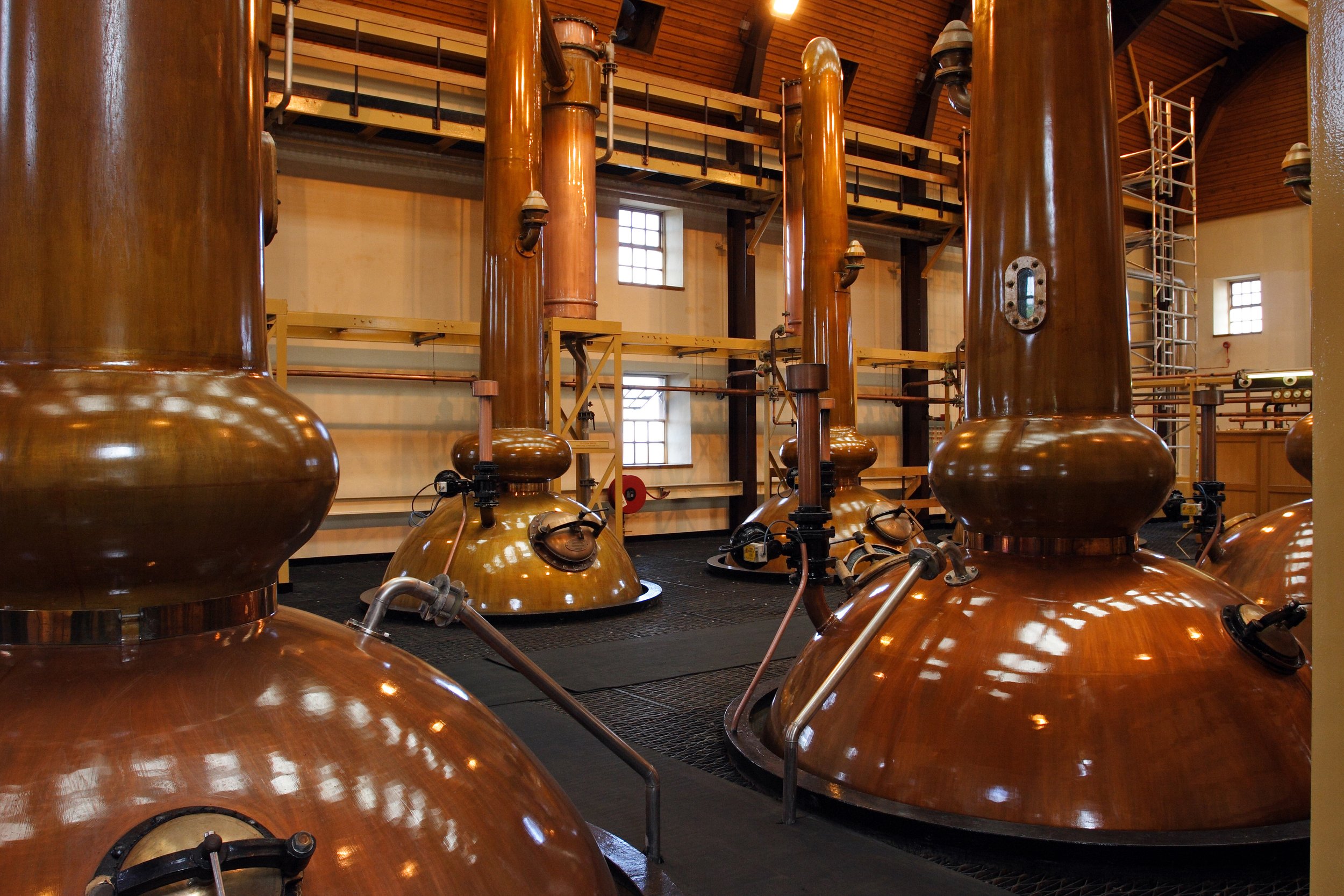Scotland is famous for food and drink: now it’s co-products’ time to shine
Zero Waste Scotland are sponsoring IBioIC’s 8th Annual Conference.
By Amanda Ingram, Bioeconomy Partner, Zero Waste Scotland
Scotland is recognised as a leading nation on the circular economy, which ultimately aims to support environmental ambitions by maximising the value of products and materials and keeping them in use for as long as possible.
The bioeconomy has huge potential to help drive the circular economy in Scotland, with opportunity to deliver economic, environmental and social benefits. It is estimated an additional £500-£800million could be generated for Scotland’s economy by better utilising food and drink by-products alone, while making better use of by-products from across the bioeconomy will help alleviate pressure on our waste systems, reduce demand for finite raw materials and increase our resource resilience.
Scotland already boasts a thriving bioeconomy which produces our world-famous food and drink, from whisky and fish to agriculture. Yet there’s more to be done to marry this reputation together with circular economy leadership, creating a circular bioeconomy that eliminates waste and keeps resources in high-value use.
The environmental need is clear. The bioeconomy is seen as a solution for decarbonising other sectors yet it is also a significant contributor to greenhouse gas emissions, with food systems accounting for up to a third of global emissions related to human activity. In Scotland food waste alone accounts for a quarter of the country’s total waste carbon footprint.
With the right investment, by-products arising from the production and processing of food and drink, feed, bio-based materials and biofuels can be transformed into high value renewable co-products that can, at the end of their life, provide nutrients for other processes.
From this, by-products such as crop residues, manures, surplus fruits and vegetables, whisky pot ale and wastewater sewage sludge can all become valuable and essential materials for a thriving circular bioeconomy.
At Zero Waste Scotland we are in a unique position to advance the development of a Scottish circular bioeconomy with research, expertise, and policy support, providing an evidence-led approach to focus attention on key innovations and strategic opportunities.
The Whisky Project we are leading alongside the Industrial Biotechnology Innovation Centre (IBioIC) with support from the Scotch Whisky Research Institute (SWRI) is a fantastic example of this. This two-year research project has seen three companies (Horizon Proteins, MiAlgae and BioPower Technologies), each with existing track records of maximising the value of whisky co-products, work together on demonstrating a ‘cascade’ approach to resource use.
Ultimately the project demonstrates the potential to work in partnership to extend the value chain of whisky co-products, so that multiple companies can make use of and extract different values from the same feedstock.
With the technology transfer and integration part of the Whisky Project now concluded we’re excited to share the results with delegates attending the IBioIC annual conference at the alternative proteins fringe event on 6 June. The cascade approach will not only have relevance to the whisky industry but also those working on wider industrial biotechnology processes who may benefit from collaborating with partners to gain maximum use from feedstock materials.
Partnership working is a recurring theme in the bioeconomy space, and it’s clear that by working together across whole value chains there’s huge opportunity for innovation in the sector to help drive a circular economy in Scotland.
At Zero Waste Scotland we’re committed to helping businesses futureproof their operations with support to adopt circular practices, and have supported hundreds of businesses to do so. Our Circular Economy Business Support Service delivers tailored, one-to-one support to businesses looking for guidance on becoming more circular.
They include businesses like Celtic Renewables, which uses whisky co-products to make biofuel and chemicals, and Maclean’s Highland Bakery, which has teamed up with nearby Windswept Brewing Co to make crackers from spent grain, a by-product of the brewing process.
Working together we can evolve a more sustainable bioeconomy that truly recognises the value of our natural resources. There is a wealth of opportunities available to make Scotland’s circular bioeconomy just as worthy of the spotlight on our world-famous food and drink, bringing with it reputational and economic benefits as well as environmental ones.
I sincerely look forward to meeting with many of you at the upcoming IBioIC annual conference to share knowledge, explore recent developments and help shape the future of the circular bioeconomy.
About Zero Waste Scotland
Zero Waste Scotland is Scotland’s circular economy expert. We exist to lead our nation to use products and resources responsibly – focusing on where we can have the greatest impact on climate change.
A not-for-profit environmental organisation, funded by the Scottish Government and European Regional Development Fund, we have the ear of the government and the voice of the people. Because of this we can play a key role in connecting communities, businesses, and public bodies - using evidence and insight to inform, inspire, and enable them to embrace the environmental, economic, and social benefits of a circular economy.
More than ever, Zero Waste Scotland is in a unique position to encourage vital shifts in behaviours to accelerate progress towards zero waste and a global circular economy. Together, we can all move towards a circular economy, restore our natural systems, and regenerate our communities in a fair and equal way.
More information on all Zero Waste Scotland's programmes can be found at https://www.zerowastescotland.org.uk/. You can also keep up to date with the latest from Zero Waste Scotland via our social media channels - Twitter | Facebook | LinkedIn



